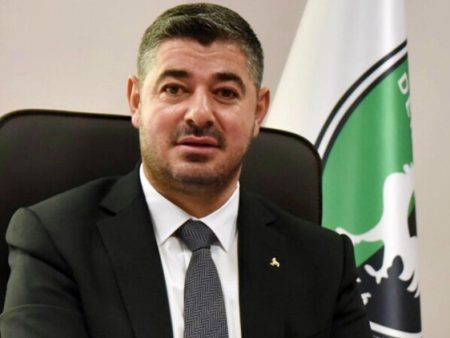The European Commission has refused to confirm if a Swedish citizen being held prisoner in Iran is an European Union official.
Brussels won’t confirm if the Swedish citizen held prisoner in Iran is an EU official
“We are aware and we have been following very closely the case of a Swedish national detained in Iran,” Peter Stano, the European Commission’s spokesperson for foreign affairs and security policy, said on Monday afternoon.
“These cases exactly underline the very concerning tendency of Iranians to use EU nationals or Iranian dual nationals as pawns for political reasons.”
The comments follow an exclusive report by the New York Times that revealed a 33-year-old Swedish citizen named Johan Floderus has been held captive in the Evin prison, Teheran, for more than 500 days.
According to the newspaper, Floderus works for the European External Action Service (EEAS), the bloc’s diplomatic service, and had previously visited Iran in an official capacity. However, when he was apprehended by Iranian authorities on 17 April 2022, Floderus was on a private tourist trip alongside his friends.
He was then charged with espionage, an accusation that people familiar with the diplomat strongly denied. His individual case had not been made public until Monday.
In reaction to the report, Stano declined to confirm the identity of the prisoner, simply indicating he was of Swedish nationality. The spokesperson also refused to confirm whether the person was employed by the EEAS, as the New York Times indicated, or had any other professional affiliation with the EU institutions.
“We do not comment on individual cases for a very good reason. And all our actions in such cases are guided by having the interest and the safety of the individual concerned in mind,” Stano said.
The European Commission and the EEAS are working “closely” and “discreetly” with Sweden, Stano noted, which “has the primarily consular responsibility for its citizens anywhere in the world.”
The New York Times report follows a series of episodes in which Iran has imprisoned dual citizens on widely contested criminal charges and agreed to release them only after obtaining certain concessions from Western governments.
In late May, Olivier Vandecasteele, a Belgian humanitarian worker who had been sentenced to 40 years in a Teheran prison, was released as part of a prisoner swap between Belgium and Iran. The United Nations described Vandecasteele’s detention and treatment as a “flagrant violation of international law.”







